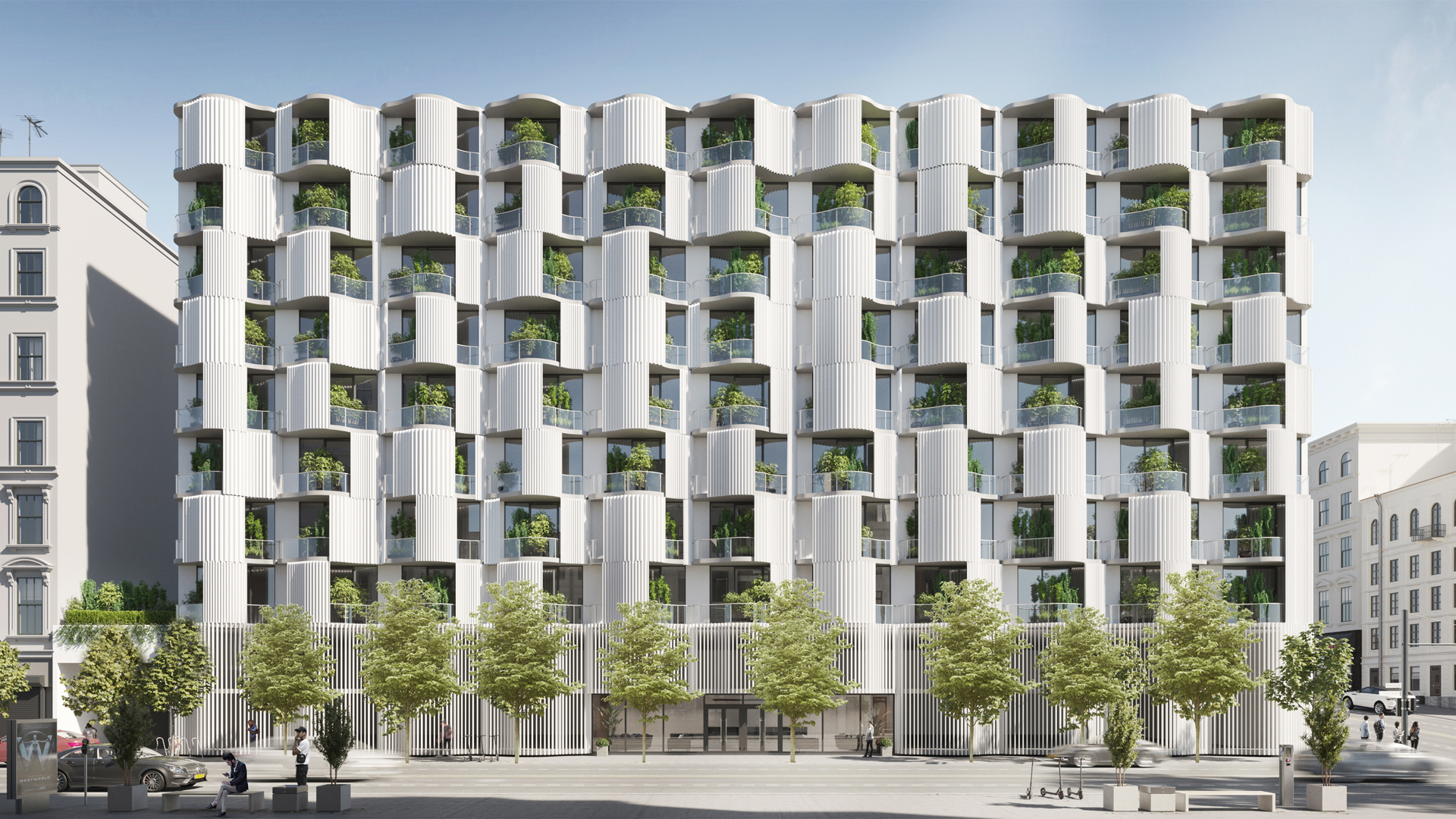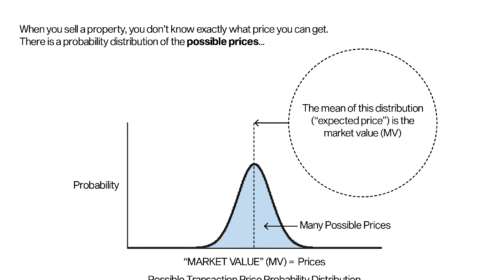
Urban development analysis and in-depth research demonstrates strong evidence that in the past few years we have seen a significant shift in suburban occupancy; with major city centers attracting more affluent individuals and poverty suburbanizing all over United States, Europe and major cities in Asia. With this shift, landlords charge higher rents, and urban city dwellers sell units at rates much higher than the market average. Following an increase in segregation between layers of individuals within various socioeconomic status and threatened overall social cohesion.
The less advantaged areas pushed to the periphery end up at a distance from pulsating cultural activities taking place in city centers with minimal planned transportation systems to accommodate connectivity. Ever more isolated from public view, health, social and government services, they remain far from their local networks of friends and relatives they once socially relied on. We see this shift in major cities around the world, as more locals fail to find affordable housing in the cities they once called home.
The proposal tackles the problem of housing in the city of San Francisco, by carefully studying it through the lens of urban planning, environmental sustainability, social and psychological behavioral patterns and opens a new dialogue towards a more sustainable future inclusive of the many layers of individuals that help enrich our cities.
The project is currently in conceptual phase of design with various micro unit configurations and facades in conceptual analysis.




